This post may contain affiliate links. Please read our disclosure policy.
I wanted to talk about Why our children do school work over summer break. A while back, I wrote a post where I shared my NO SCREENTIME UNTIL printable.
It had rules about what the kids need to do BEFORE they are allowed to use electronics. It was received by many as helpful and many as over-the-top.
To each their own, but I wanted to take a minute to explain the reasons behind children needing to still continue to learn (in fun ways) over the summer break.
You can read the printable here and then come back & read this post.
The main idea behind that no screentime printable was to give our kids something “else” to get “lost in”…
Sometimes kids just need a little motivation to get started (once our kids head outside to play, they forget about watching a movie or playing on the tablet).
Screen Time Can Consume Them
If I let them just sit & default to screen-time, it will consume as much time as I allow them to consume it.
So, why not just encourage them to get out a book or head outside or make a creation… or do something ELSE first and see where THAT takes them?
I think that engaging our children’s minds is what we need to do to help our children and show them that we care enough to put the effort into them (trust me, I know that turning on a show is so much easier than planning a lesson, but it isn’t what is best for our family).
Watching a bottle of soda explode because of a chemical reaction or examining what happens as a caterpillar turns into a butterfly is a much better use of our summer vacation.
I want our kids to work over the summer if only to give our children a chance to get lost in a great book without worrying about being tested on it… just learning to love books.
It’s Like Practicing A Sport
🏀 It’s kind of like practicing basketball. If you didn’t practice or play basketball at all for two months, would you be as good as you would have been if you were practicing daily?
|
|
Spending time on education is similar. We can improve with just a few minutes a day, or we can lose our skills if we don’t use them.
Daily Practice Makes Us Better
DAILY PRACTICE MAKES US BETTER.

Statistics to support why we do work in the summer:
1). Two Months Of Learning Loss
Kids lose an average of TWO TO THREE MONTHS of learning in the summer. As a teacher, I continually see this to be true. It’s called the Summer Slide.
It means that your kids are going to school September – June, but when they go back to school, it will be like they only went September- March.
I want to do the OPPOSITE. I want our kids to gain a month in the summer. I want them to go back to school ready to learn, without struggling to “catch up” from the summer!
– Instead of being confused about the new math problem that they will learn, they will be eager to move on and do it without struggling.
Instead of trying to move up to the book level that they LEFT on (most kids drop a few book levels over the summer), I want them to go back ahead of where they ended.
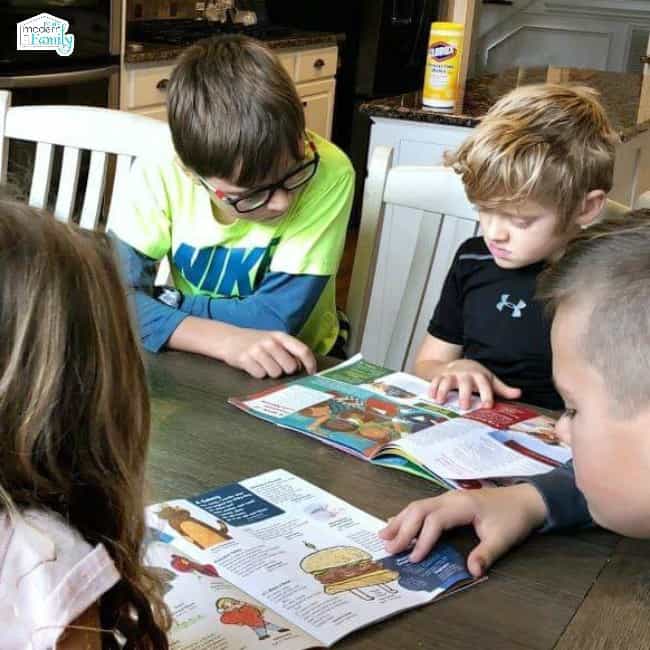
2). The Reason Kids Have Summer Break
The reason that kids have summers off is that when kids used to help work on the farm, they needed the daylight to work longer.
Summer gave them this chance to help. I’m pretty sure that most of our kids are not up at 6:00 working on the farm until 8:00 at night (some are, but most aren’t).
Gathering hay, feeding animals, working hard for 14 hours a day just isn’t in the cards for most of us.
3). There is Academic Loss
According to Learning.Org, Higher-income families tend to have a slight gain in academic advancement.
This is because the higher-income families are giving their children more academic opportunities over the summer (camps, tutors, etc…) but just working with your children at home will do this trick. (source: summer learning.org)
4). Their Physical Health Suffers
Children gain more weight over the summer than any other time (at 2-3 times the normal rate), because they are spending more time watching TV or playing video games, instead of getting out and exploring (a great little science lesson or math lesson a few times a day would be a great way to battle this weight gain!
Have your kids swim while you time them and then have them try to beat that time. Find the difference. Then, take it further and multiply that number to see how long it will take you to do it four times. Make an educated guess and then test that theory! There are so many fun ways to learn!
When I was a teacher, I passed out summer reading lists for my students. I didn’t want them to stop learning, growing, and advancing when they had been doing so great!
They worked so hard. It wasn’t fair that they would have to re-learn just because they took time off.
5) Reading 20 Minutes a Day Matters
20 Minutes a Day. I want our children to read for at least 20 minutes a day.
-
“Students who scored 90% better than their peers on reading tests, read for more than 20 minutes a day – exposing them to 1.8 million words a year. Students who scored at fifty percentile, read on average only 4.6 minutes a day – exposing them to 282,000 words per year.
Students in the ten percentile for reading, read less than 1 minute per day – exposing them to 8,000 words per year. (It would take them one year to read as many words as what a good reader would read in two days.)” – Statistics from phoenixacademyomaha.org
I want our children to enjoy reading. If they aren’t practicing and learning to read, they will never learn to enjoy it.
It is hard to enjoy something when you find that you are always struggling at it. They need to practice reading so they will be better, so they will read more fluently, and so they will understand what they have read.
These things together will instill a love of reading.

6). Writing
YES- I want our kids to write in the summer. I want them to get creative and write about whatever they choose.
Pirates? Sure.
Sharks? That works!
Their plans for Disney? Sounds good to me!
Their directions to the treasure box that they buried in the backyard? Yep.
We can then take it further and make a craft or do an experiment about their story. This is so much fun for our family.
7). Math Is Important, Too.
Math shouldn’t be forgotten over the summer. Math facts are easy and can be fun. Learn new math facts songs, play flashcard games, let your kids quiz YOU, too!
To start, give your child one problem each morning. Just leave it on the table before you go to bed. It will take only a few minutes to complete and just keeps their minds working. 🙂
Remember, You can even use baking as a math lesson. They don’t even realize that they are learning math as they measure, guess, add, subtract, cook and bake…
8). Science Experiments
Use the summer to plan fun science experiments. Aim for one every day. (more science experiments here)
9). Bonding
Working on school work doesn’t take long, but it is fun. Your family can do it together… it is a great chance for bonding.
If we go on little field trips, they don’t know that we are doing anything other than having fun.
They go out and explore and play with their friends.
We take walks, ride bikes, swim, and even just find cool things in the backyard.
We spend about an hour a day on fun school work and then we just PLAY! After all… some days are just meant for playing. 🙂
10). Geography Together
Summer is fun, but it is not a “get out of jail free” card. It is a chance for us to learn together, grow together, have fun together. We love to learn about a new place each week during our geography time! We look it up on Youtube, study where it is on the globe, learn a few phrases in the native language and cook a meal from their country.
Use Summer As a Time to CONNECT.
Summer gives you a chance to help your child in their academic career, but to also help your child bond with you. You can connect, even with your teenager.
Do You Want To See A Change This Summer?
Use my SWAP CHORES FOR SCREENTIME CARDS to really jumpstart your summer break! They work SO quickly!
Remember… You might be considered a “mean” mom, but that’s ok

More Posts You Might Like:

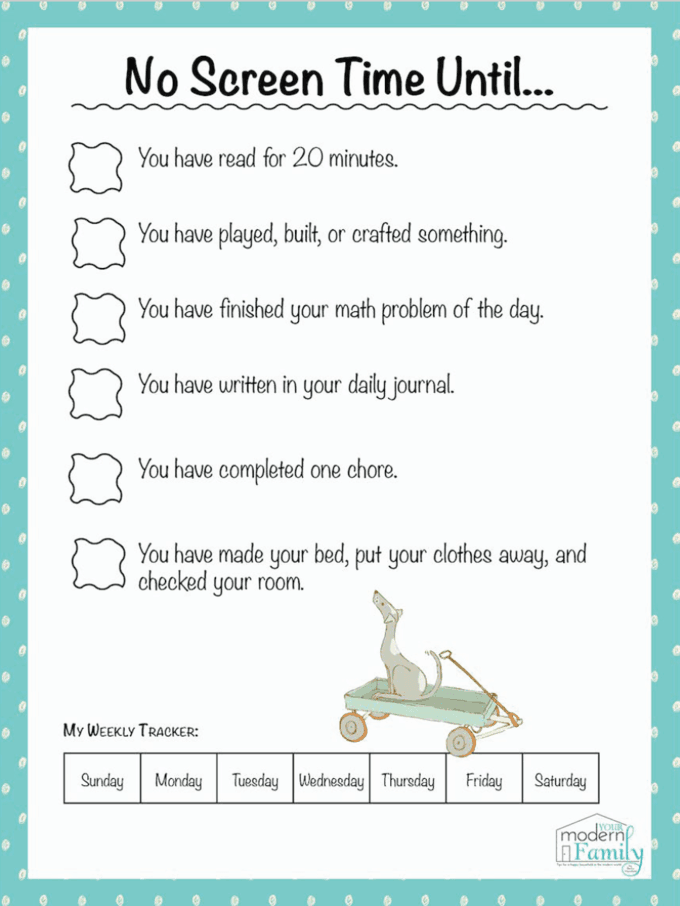
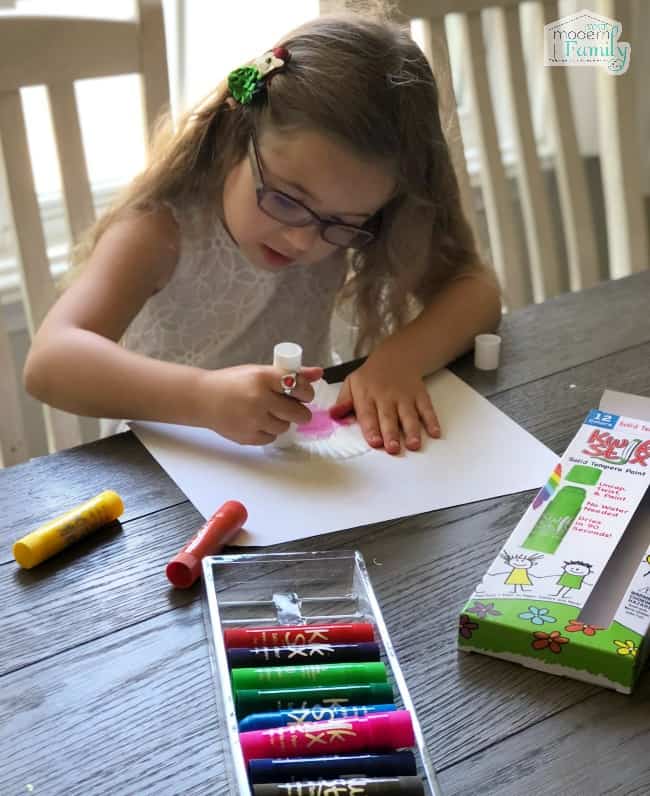


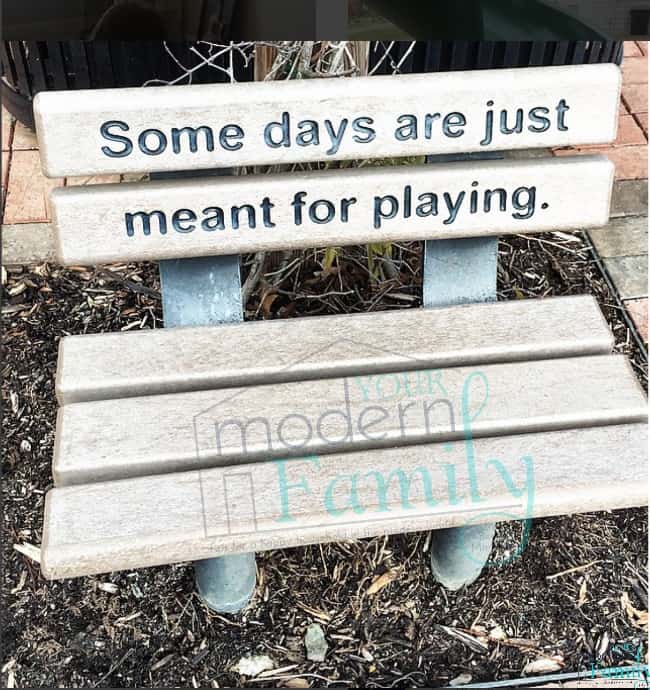
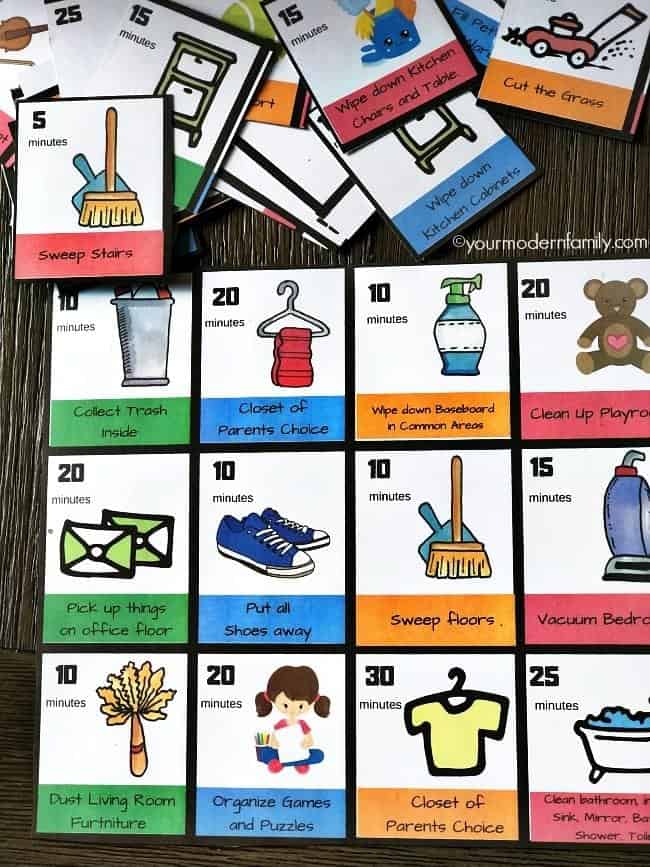















I can recall a year or two when I was younger, where my parents made me do a few pages in a workbook during the summer. I can understand that they might have enjoyed the academic aspect of school more than the social aspect when they were going, but I know that I certainly preferred the social aspect of school to the academic aspect. Maybe it was seen as cooler to be smart when they were in school (60s and 70s), but when I was in school (late 90s to early 2010s), kids who were more academically minded, or didn’t have the coolest clothes, or the most attractive physical appearance, were often labeled as nerds, losers, or geeks. Now, the schools I attended weren’t really like that, but even so, the message trickled down to me through movies, books, and TV shows. I’m sure that even if I hadn’t seem such movies or shows, or read such books, AND only ever attended schools where students were more accepting, the message would still have gotten to me somehow.
Plus, I am a very visual and hands-on learner, so I would have preferred to learn through more hands-on activities. I never had much patience for books, unless they were about something I was interested in, such as aviation, art, or fashion. The only exception may have been when I was very young, I may have had the patience for silly books.